READ MORE
Our Brands
- Announcements
- Debt Investors
- Supporting our clients
Investor Relations
- Announcements
Our Brands
Environment
Version 2.0, 12 June 2025
1.1 Introduction
1.1.1 TP ICAP recognises its responsibility to protect and preserve the environment and understands the critical role that environmental performance plays in long-term business resilience and stakeholder trust. We are committed to integrating environmental sustainability into our core business strategy, operations, and decision-making. To this end, the Company endeavours to carry out all reasonably practical measures to meet our responsibilities whilst reducing our impact on the environment.
The Company makes a commitment to:
Compliance and governance
- Ensure full compliance with all applicable environmental legislation and maintain continuous monitoring of emerging regulations to ensure timely adherence.
- Publish an annual Sustainability Statement outlining our environmental strategy, performance and progress. This will include disclosures on energy usage, greenhouse gas emissions, and progress toward relevant targets.
- Conduct regular materiality assessments to identify and address environmental dependencies, impacts, risks, and opportunities across our operations and value chain.
Climate and energy
- Integrate climate-related risks and opportunities into business planning, consistent with the recommendations of the Task Force on Climate-related Financial Disclosures (TCFD), including the use of scenario analysis to assess the resilience of our strategy under different climate futures.
- Improve the management and reduction of our greenhouse gas emissions across our Scope 1, 2, and 3 footprint. This includes actions aligned with our target to achieve carbon neutrality across Scopes 1 and 2 emissions by the end of 2026.
- Expand the use of renewable energy across our global office network.
Resources and circular economy
- Responsibly manage our resource use – including water and waste – by allocating resources to support continuous improvement, prevent pollution, and promote responsible consumption. We commit to aligning our approach to the circular economy principles: reduce, reuse, recycle, and recover.
Supply Chain and Procurement
- Adopt sustainable procurement practices, prioritising suppliers with strong environmental credentials and encouraging emissions reductions through engagement across our supply chain.
Nature and Biodiversity
- Respect nature and biodiversity by committing to avoid negative impacts on threatened and protected species. While TP ICAP’s operations have limited direct impact on nature, we recognise the intrinsic value of the natural environment and support broader efforts to protect biodiversity through responsible business practices and environmental stewardship.
1.2 Responsibilities
1.2.1 Responsibility for social, ethical and environmental matters rests with the Board, and is included in its Terms of Reference. The Board actively oversees sustainability performance and associated risks and opportunities. The Group Chief Executive Officer is responsible for the Company’s Environment Policy.
1.2.2 The Group Chief Operating Officer (COO) has line management responsibility for delivery of the Company’s Environment Policy through the Corporate Real Estate (CRE) function, which reports to the COO. The CRE function is responsible for implementing and maintaining the Company’s Environmental Management System (EMS) to ensure the Environment Policy commitments are met.
1.2.3 The ESG Forum, reporting to the Group Executive Committee, ensures that ESG is integrated across business functions, providing oversight and advice in relation to ESG strategy, policy development, implementation, communications, and disclosures.
1.3 Review and continuous improvement
1.3.1 TP ICAP will continue to monitor the effectiveness of measures implemented under the Environment Policy. We will regularly review and improve this policy and related environmental documentation to ensure alignment with emerging best practices and stakeholder expectations.
In particular the Company will:
- Support the CRE function in coordinating and monitoring the implementation of necessary good practice standards, including the Environmental Management System across the Company’s offices, as appropriate and as required by legislation in each country.
- Integration of ESG metrics into management reviews, decision-making, and executive remuneration schemes.
- Annual performance assessments for energy, emissions, waste and natural resource use across our core businesses to support management review, reporting to stakeholders and legislative compliance.
- Review energy and emissions performance trends across our core businesses. Leverage findings to implement energy efficiency initiatives, including low-carbon technologies, smart building systems, and operational best practices.
- In reviewing our environmental performance and strategy, we will consider the broader environmental, social, and economic linkages and potential trade-offs. This ensures our actions are context-sensitive, balanced, and aligned with long-term sustainability goals.
- Consider amendments to the Environment Policy as part of an annual environmental management review, incorporating stakeholder feedback, regulatory developments, and internal performance to implement amendments as necessary.
1.4 Communication and stakeholder engagement
1.4.1 TP ICAP is committed to transparent, inclusive, and regular communication of the Company’s Environment Policy and progress to employees, contractors, suppliers and other interested parties. We will:
Engage suppliers, clients, and partners to promote collaborative environmental performance improvements.

Copyright © 2026 TP ICAP















